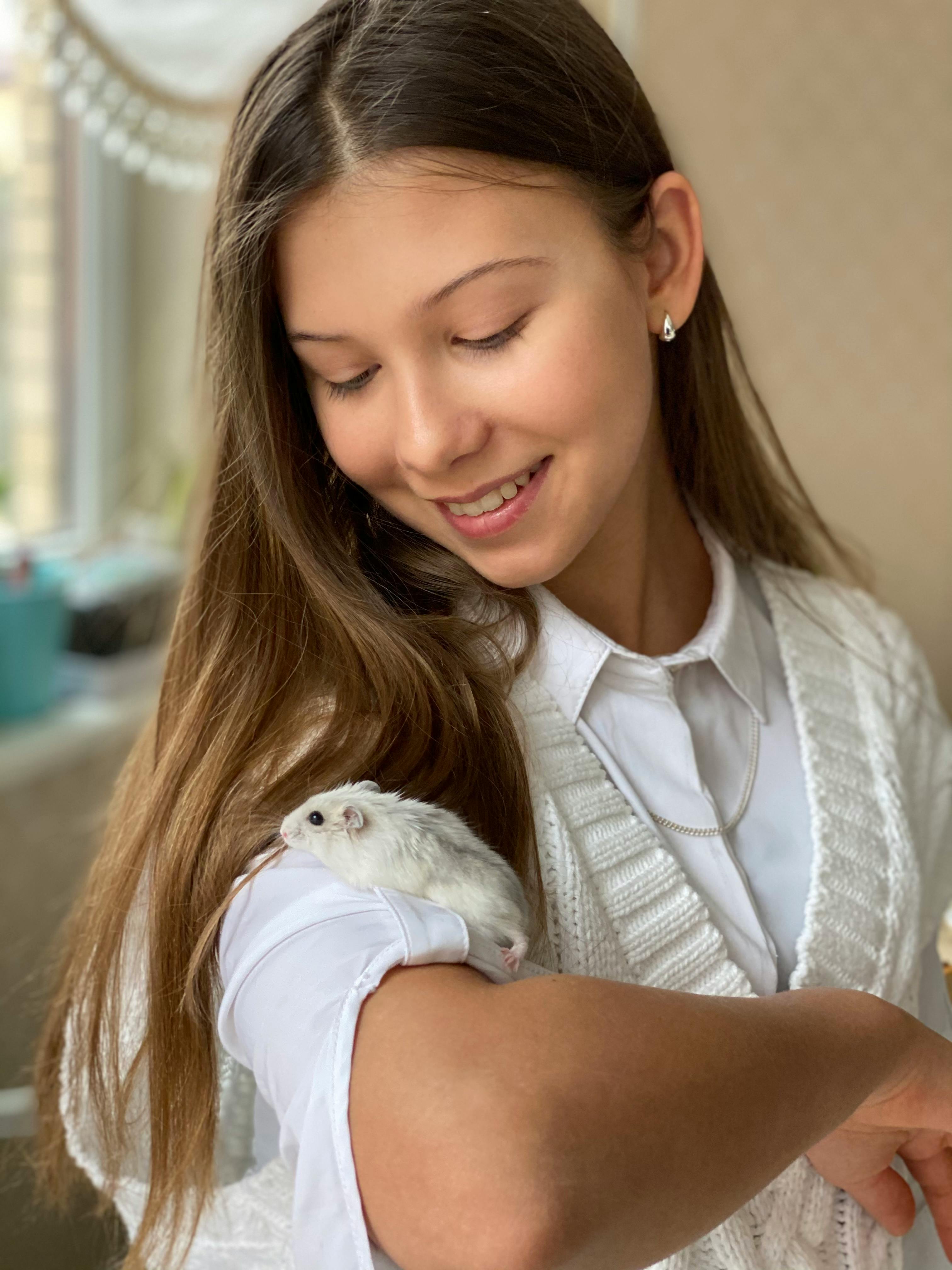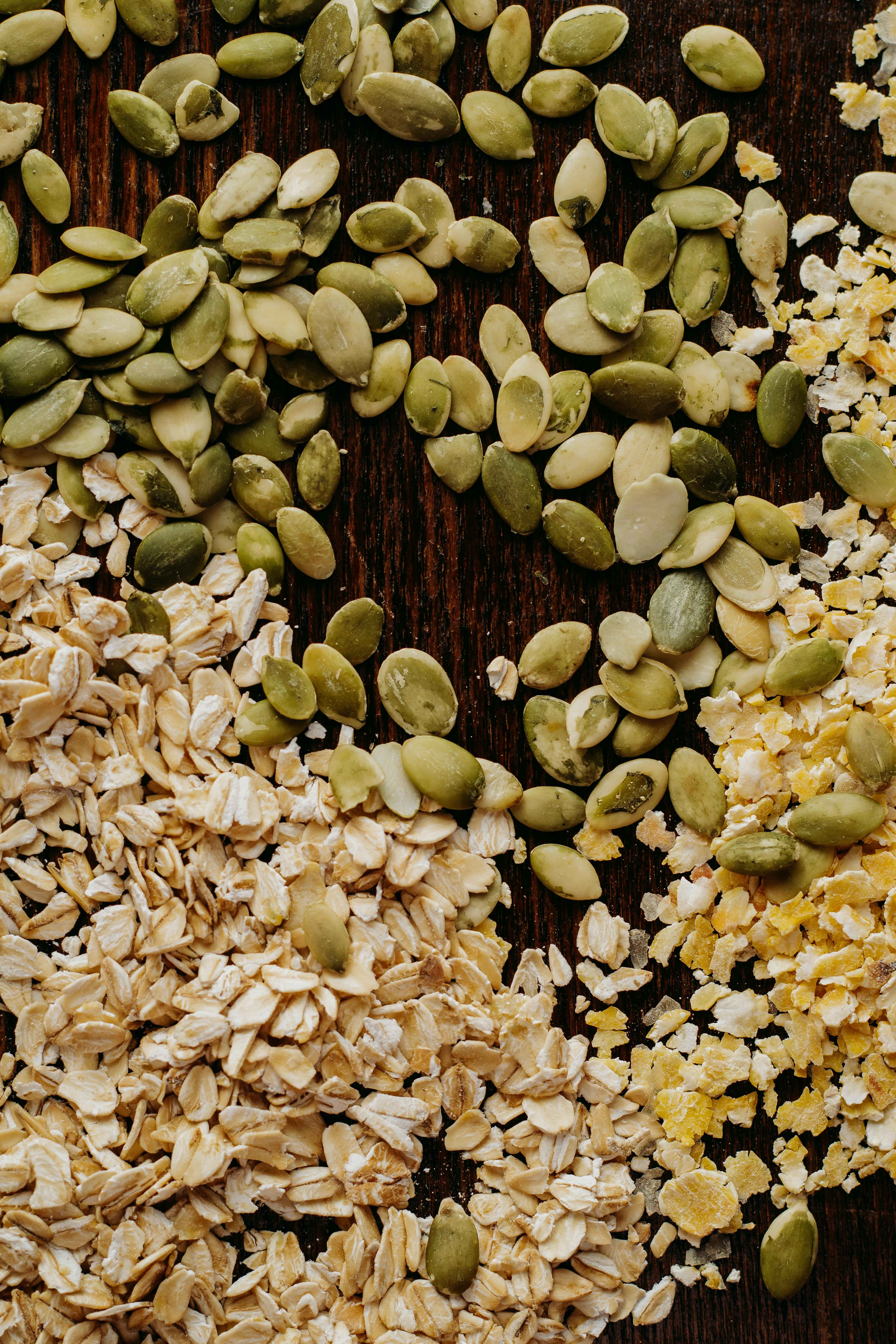Effective Ways to Treat Rabbit Fleas: Essential Guide for 2025
Rabbits are cherished pets that bring joy to many households, but they can also be susceptible to flea infestations that can cause significant discomfort and health issues. Understanding how to effectively treat rabbit fleas is crucial for ensuring your bunny's health and wellbeing. In this article, we will explore various rabbit flea treatments, including medications, natural remedies, and preventative measures. Additionally, we will discuss signs of flea infestations, how to choose the best flea treatment for rabbits, and provide tips for maintaining a flea-free environment for your furry friend.
By incorporating effective flea treatments and prevention strategies, you can provide a healthier and happier life for your rabbit. We will highlight the importance of flea control and maintenance to ensure that your bunny remains comfortable and protected from infestations. Let's delve into the most effective ways to treat rabbit fleas and ensure their safety and wellness.
Key takeaways: Understanding the types of flea treatments available, recognizing symptoms of flea infestations, prioritizing flea prevention for your rabbit's health, and implementing effective rabbit care methods.
Understanding Flea Infestations in Rabbits
Before you can effectively treat your rabbit's flea problem, it's important to understand the nature of flea infestations. Fleas are small, wingless insects that feed on the blood of their hosts, and they can multiply rapidly in a short period. Understanding the flea life cycle is essential for effective treatment, as it involves several stages: egg, larva, pupa, and adult. Each stage presents unique challenges and requires specific approaches to control.
Fleas can contribute to various health issues in rabbits, including skin irritations, anemia, and even more serious conditions if left untreated. Recognizing the symptoms of fleas in rabbits is the first step in addressing infestations. Common signs include excessive scratching, hair loss, flea dirt (tiny black specks), and irritated skin. If you suspect your rabbit has fleas, it is crucial to act quickly to prevent further complications.
This naturally leads us to discuss effective treatments for rabbits that include both veterinary recommendations and natural remedies that can provide relief and support your rabbit's health.
Veterinary Recommended Flea Treatments
When considering how to treat fleas on rabbits, consulting with a veterinarian is key. They can recommend effective flea treatments specifically formulated for rabbits. Veterinary flea treatments are often the most reliable due to their targeted ingredients that effectively kill adult fleas and disrupt the flea life cycle. Popular options include topical treatments and oral medications.
Topical flea treatments are applied directly to the skin and are absorbed into the bloodstream, killing fleas on contact. Some commonly recommended brands include Advantage and Frontline. These treatments should be used following the vet's instructions carefully to ensure safety.
Oral flea medications are another option available and can treat existing infestations particularly well. They work systematically to eliminate fleas from the inside out. However, it is important to discuss potential side effects with your vet to ensure these treatments are suitable for your rabbit.
Natural Flea Remedies for Rabbits
For pet owners who prefer holistic approaches, various natural flea remedies can effectively manage flea populations without harsh chemicals. One popular method is using diatomaceous earth—a natural powder that can be sprinkled in your rabbit’s habitat. It’s safe for your pets but effective at dehydrating and killing fleas and their eggs.
Another natural approach is creating a spray solution made from diluted apple cider vinegar or essential oils such as lavender or rosemary. These can help repel fleas naturally. When using essential oils, ensure they are safe for rabbits and consult with a vet first, as some oils can be toxic.
Taking these natural routes not only benefits your rabbit's health by avoiding chemical exposure but can also provide a more sustainable method for flea control in your home. As we explore further, it's important to implement effective flea prevention strategies to keep your rabbit safe.

Best Practices for Rabbit Flea Prevention
Prevention is always better than cure. Implementing effective flea prevention strategies can save your rabbit from the discomfort of infestations. Regular grooming is an essential flea prevention technique that helps detect any fleas or flea dirt early on. Brushing your rabbit daily can support their hygiene and allows you to check for any signs of flea activity.
Maintaining a clean environment is also crucial. Regularly vacuuming their living space, washing bedding, and sanitizing the area can eliminate potential flea habitats. It’s essential to wash your rabbit's toys and any items that they frequently use to ensure they’re not harboring flea eggs or larvae.
Flea control in households where rabbits live requires vigilance. Seasonal flea treatments are recommended, especially during warmer months when fleas are more prevalent. Consulting with a rabbit veterinarian about preventative care options tailored to your pet's specific needs can enhance your efforts in keeping them flea-free.
Identifying and Responding to Flea Problems
Understanding how to recognize flea bites and infestations is crucial to effective rabbit care. Symptoms of flea bites on rabbits may include red, irritated skin and constant scratching. It’s important to establish a check-up routine to monitor their health status and perform preventative care measures consistently.
If a flea outbreak occurs, using a combination of treatments is often necessary for full eradication. Alongside veterinary assistance, integrating home remedies and thorough cleaning of their environment is vital for total flea control.
By addressing these flea problems proactively and ensuring regular check-ups, you can provide the best care possible for your bunnies.
Flea Treatment Options: What to Consider
When choosing flea treatments for rabbits, various options are available. There are multiple formulations, including flea shampoos, sprays, and collars. However, not all flea treatments are created equal, and your choice should depend on your rabbit's specific needs and safety.
Flea shampoos can provide immediate relief for rabbits suffering from a heavy infestation. It's important to ensure that any shampoo used is specifically designed for rabbits to avoid any harmful side effects. Always read labels carefully and follow the instructions.
Flea sprays, on the other hand, can offer both treatment and prevention. These products can be used in conjunction with other treatments to control fleas in the environment and on your rabbit. Again, be sure to choose a rabbit-safe product for optimal health.
Emergency Flea Treatments for Rabbits
In cases where your rabbit is greatly affected by flea infestations, emergency flea treatments may be necessary. This can include immediate interventions such as administering vet-recommended medications swiftly. Understanding how to manage flea outbreaks is critical in these stressful situations. If your rabbit shows severe symptoms, such as excessive blood loss, despondency, or severe skin injuries, contact a veterinarian without delay.
Taking quick action provides the best chance for recovery and comfort for your pet. Comprehensive care during a flea infestation can greatly improve your rabbit's quality of life.

The Importance of Regular Rabbit Grooming
Regular grooming is not only a part of your rabbit’s maintenance regime but also an effective tool in flea control. By brushing your rabbit routinely, you can check for fleas, flea dirt, and other skin problems. Grooming keeps your bunny's coat healthy and clean, which helps prevent flea infestations.
Using the right grooming tools is essential. Opt for soft-bristled brushes that suit your rabbit's specific breed and coat length. Regular grooming sessions should be an enjoyable experience for both you and your rabbit, contributing to their overall health and strengthening your bond.
As you take care of your rabbit through grooming, remember to integrate other preventative measures and treatments discussed. By combining grooming with flea prevention techniques, you will support your pet's health holistically.
Conclusion: Ensuring a Flea-Free Environment for Your Rabbit
In conclusion, treating rabbit fleas effectively requires a comprehensive approach that includes understanding the flea life cycle, taking advantage of veterinary recommendations, utilizing natural flea remedies, and implementing robust prevention strategies. Regular grooming and habitat maintenance are equally important in maintaining a healthful environment for your bunny.
Success in managing rabbit flea problems involves ongoing vigilance and proactive care from owners. It is imperative to stay informed about flea treatment protocols and ensure your rabbit receives the appropriate care. By adopting a consistent approach, you can effectively create a flea-free environment for your rabbit, ensuring their health and happiness. For more resources on rabbit healthcare, be sure to consult with a knowledgeable rabbit veterinarian.
